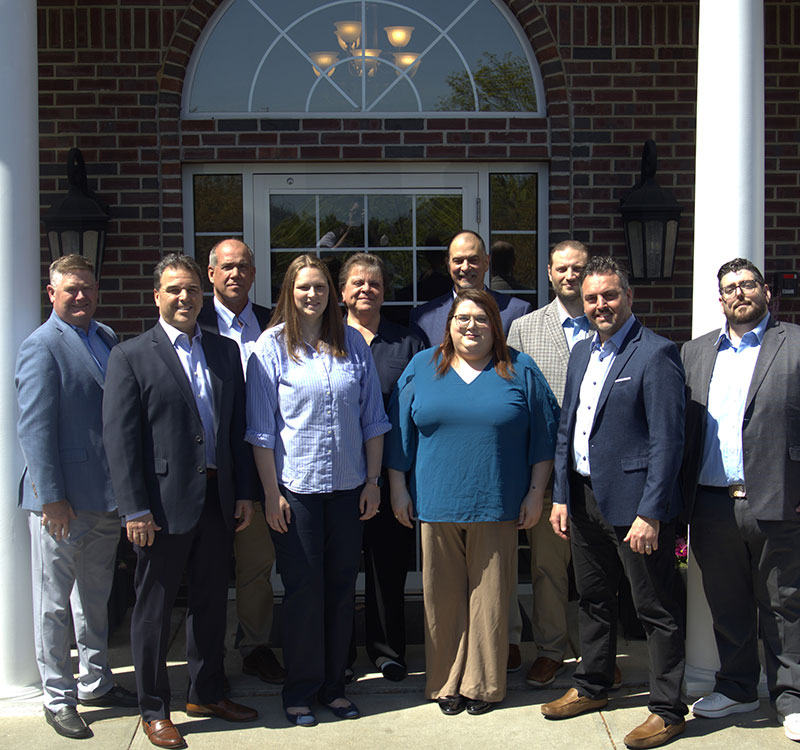Did you know offering health benefits to your nanny can come at virtually no cost to you? Here’s how it works if you offer your employee a QSEHRA to help cover their health care costs.
Pre-tax health benefits through a QSEHRA
A family with household help is considered a qualified small employer (or QSE) and can offer a Health Reimbursement Arrangement (HRA) to their worker. These are called QSEHRAs (Qualified Small Employer Health Reimbursement Arrangement).
Your contributions to an employee’s QSEHRA are not taxed for you or your employee. Reimbursements are also not taxed.
With a QSEHRA, your employee can:
- Get reimbursed for health insurance coverage purchased on the individual market or through the health care exchange
- Pair the account with their spouse’s health insurance plan
- Use funds for out-of-pocket medical, dental, and vision expenses
You can fund an employee’s QSEHRA up to $5,300 for an employee who is single and $10,700 per employee with a family (2021 contribution rates).
Now we will look at how this pre-tax benefit can save you money and help your employee.
Total cost of a nanny without pre-tax health benefits
Let’s say you are in New York State and plan to hire a nanny at $20/hour for 40 hours/week without pre-tax health benefits.
Using our nanny tax calculator, we can determine*:
Nanny pay
| Gross pay | $41,600 |
| Federal income tax | $3,286.92 |
| Social security | $2,579.20 |
| Medicare | $603.20 |
| State income tax | $1,686.88 |
| Net (take-home) pay | $33,443.80 |
Employer responsibility
| Gross pay | $41,600 |
| Employer taxes | $3,671.30 |
| Total employer responsibility | $45,271.30 |
You can reduce your nanny costs by using the Child and Dependent Care Tax Credit and/or a Dependent Care FSA through your work.
Total cost with pre-tax health benefits (QSEHRA)
Let’s take the same scenario but instead you reduce your employee’s gross pay by $5,300, which is the maximum contribution you can make to their QSEHRA account*.
Nanny pay
| Gross pay | $36,296 ($17.45/hour) |
| Federal income tax | $2,650.44 |
| Social Security | $2,250.36 |
| Medicare | $526.24 |
| State income tax | $1,370.20 |
| Net (take-home pay) | $29,498.56 |
| Employer health benefit contribution | $5,300 |
| Total take-home compensation | $34,798.56 |
Employer responsibility
| Gross pay | $35,296 |
| Employer taxes | $3,265.70 |
| QSEHRA contribution | $5,300 |
| Total employer responsibility | $44,861.70 |
Again, you can further reduce the costs of having a nanny by using the Child and Dependent Care Tax Credit and/or a Dependent Care FSA.
Benefits of offering a pre-tax health care account
By providing your nanny a QSEHRA, you can offer a greater “take-home” compensation package because your nanny’s taxes are lower with reduced gross pay. At the same time, you can cut your total employer responsibility by a few hundred dollars because you, as well, are paying less in taxes due to your nanny’s lower gross pay.
Health care stipends vs. pre-tax health benefits
Some household employers may offer a stipend to help their workers offset the costs of their health care. Stipends are not offered pre-tax and may be considered part of your nanny’s total wages meaning it is taxable income for you and your employee. A pre-tax health account like a QSEHRA is a better option than a health care stipend.
Minimum wage rates still apply
When you reduce your employee’s gross wages by offering pre-tax health benefits, you still need to pay the applicable minimum wage, which is the highest of the federal, state, and local rates.
In our example, paying $17.45/hour with pre-tax health benefits is still legal as the minimum wage in New York State is $15/hour (New York City, Long Island, and Westchester County) and $12.50/hour for all other parts of the state.
Other pre-tax benefits
Besides a QSEHRA, you can make tax-free payments of up to $5,250/year toward your employee’s qualified educational expenses such as tuition and textbooks. Under legislation passed to help ease financial burdens caused by the COVID-19 pandemic, qualified student loan payments are now acceptable as tax-free contributions through 2025.
Similar to offering a QSEHRA, you could reduce your employee’s total wages by up to $5,250 for education expenses and make that contribution tax-free. This could be ideal if your nanny is a college student or a recent graduate with student loans.
Learn more about pre-tax contributions for educational expenses.
Another pre-tax contribution is a professional development stipend for up to $1,000.


